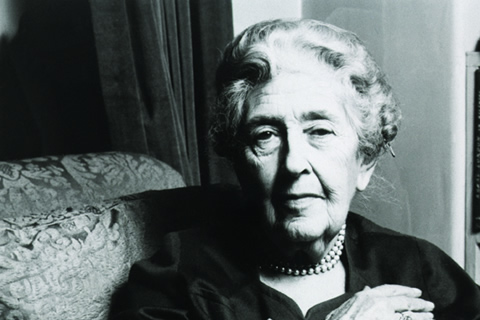Loyalty has its rewards. But a recent study shows it has its costs, too, with frequent flyer programs driving airfares at key hub airports up by about five per cent. More expensive tickets, such as business class, have been pushed even higher – by about nine per cent.
Mara Lederman – the study’s author and a strategic management professor at Rotman School of Management – examined partnerships formed in the late 1990s between American Airlines and US Airways; Delta Air Lines and United Airlines; and Continental Airlines and Northwest Airlines. She found that after the partnerships took effect, fares increased at those airports where partners dominated the flight schedule. For example, United experienced higher fares on its flights from Atlanta – an airport at which its partner, Delta, operates the majority of flights and where most people collect Delta frequent flyer miles. This suggests that travellers were willing to pay more when they could earn their preferred airline’s frequent flyer points.
The findings suggest that a frequent flyer program could hike the price of a one-way flight out of a major hub airport by about $7 to $10, and at least $25 for a one-way business ticket. Lederman adds that government restrictions on these programs could lower flight costs for consumers.




